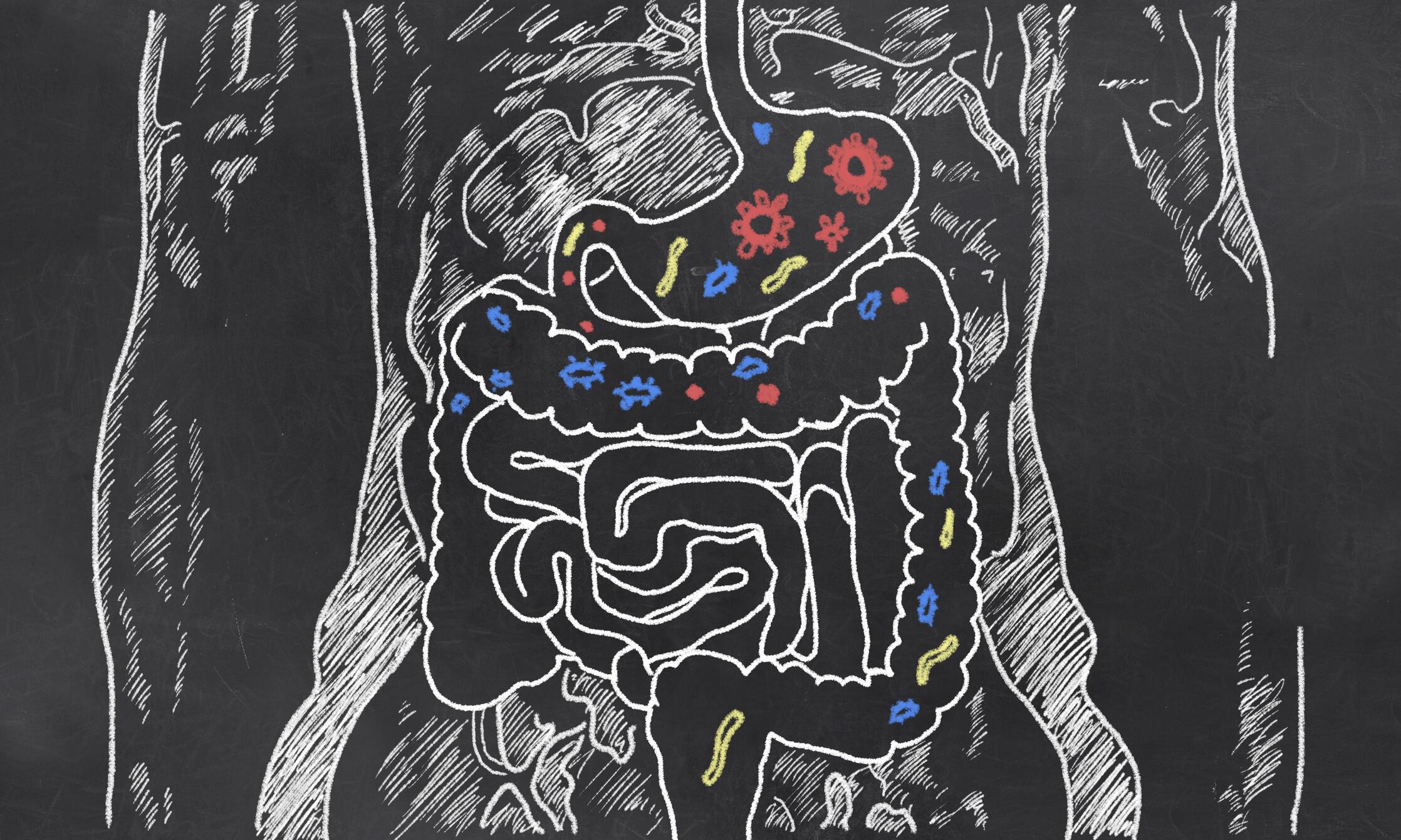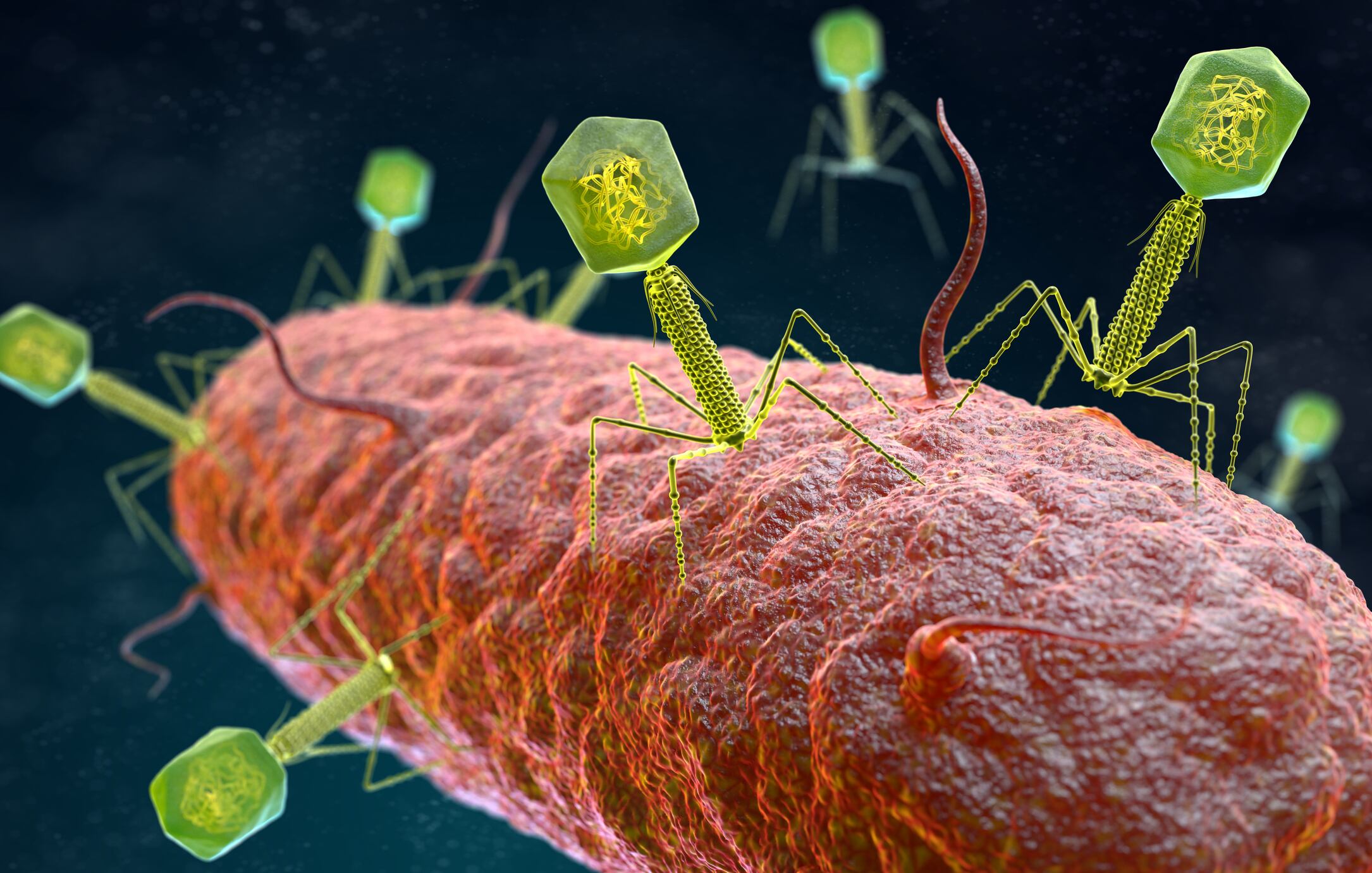Spanish researchers report that phages called Caudovirales are more prevalent in people who regularly eat dairy products, and people with more Caudovirales, “performed better at executive processes and verbal memory”, said Dr. Fernández-Real, head of the Nutrition, Eumetabolism and Health group of the IDIBGI and CIBEROBN and director of the Department of Medical Sciences at the University of Girona.
On the other hand, higher levels of Microviridae were associated with a greater deterioration in the brain’s executive abilities.
“The complex bacteriophage communities represent one of the biggest gaps in our understanding of the human microbiome,” wrote the researchers in Cell Host & Microbe. “In fact, most studies have focused on the dysbiotic process only in bacterial populations.
“In this study, we show that two of the most prevalent bacteriophages in the gut microbiota run in parallel to human host cognition by possibly hijacking the bacterial host metabolism, resulting in a favorable/unfavorable metabolic profile depending on specific Caudovirales/Microviridae ratio.
“All these findings may have implications in the design of dietary interventions targeted at improving cognitive and memory dysfunction.”
Study details
After an initial discovery study in 114 people, the researchers validated their findings in a cohort of 942 people. Once the links between Caudovirales levels in the gut microbiome to cognitive performance was validated, they transplanted microbiota from human donors with increased specific Caudovirales into mice and found that the animals exhibited improved scores in the novel object recognitions, while genes in the prefrontal cortex associated with memory-promotion were upregulated.
“Mice that received a microbiota rich in Caudovirales performed better cognitively than other mice, with significant improvements in spatial memory and emotional memory,” asserts Dr. Rafael Maldonado (UPF-IMIM).

Taking the study one step further, the researchers also supplemented the diet of fruit flies (Drosophila melanogaster) with isolated bacteriophages and again found improved memory scores and upregulation of memory-involved brain genes.
The researchers also found that Caudovirales levels were positively associated with lactic acid bacteria (Lactobacillales order), particularly Streptococcus, Lactobacillus, Lactococcus, and Enterococcus. On the other hand, these phages were negatively associated with bacteria from the genus Bacteroides.
“This is consistent with the fact that all known lactic acid bacteria phages belong to the Caudovirales order and most of them to the Siphoviridae family,” they noted.
Gene analysis also revealed that the Caudovirales phages were linked to up-regulation of a cluster of highly connected genes that are involved in positive regulation of tau protein kinase activity, MAP kinase activation, and AP-1 transcription factor network. “The vast majority of these transcripts are encoded by immediate early genes (IEGs), crucially involved in synaptic plasticity and neuronal development,” said the researchers.
“The results of this study reinforce the consideration of bacteriophage viruses as influential actors in the relationship between the human microbiome and the brain,” they wrote.
“In addition, the work opens the way to new lines of research, such as the study of possible dietary supplements with this virus in isolation to improve people's cognitive abilities.”
The research was led by Dr Jordi Mayneris-Perxachs and Dr Fernández-Real, and conducted in collaboration with the Pompeu Fabra University, the Hospital del Mar Medical Research Institute, the FISABIO Foundation, the University of Alicante, the Institute of Integrative Systems Biology of the University of Valencia and the CSIC, and CIBERESP.
Source: Cell Host & Microbe
Published online ahead of print, doi: 10.1016/j.chom.2022.01.013
“Caudovirales bacteriophages are associated with improved executive function and memory in flies, mice, and humans”
Authors: J. Mayneris-Perxachs et al.




